Hi, I’m Yvette! For this first blogpost in our #ResearchSupportWin series, I would like to share two recent team wins in support of our OU postgraduate researchers and academics!
Image by Dennis Skley, Flickr – Creative Commons licence BY ND 2.0
Copyright is the subject of the first win. Issues with copyright and publishing affect both our postgraduate researchers and academics. Whether they are publishing a thesis or adding a publication to our Open Research Online (ORO) repository, publishing supporting data for a thesis or paper on Open Research Data Online (ORDO), or publishing a journal article, copyright is intrinsic to all publishing processes and can be tricky to handle!
 Image by Timothy Vollmer, Flickr – Creative Commons licence BY 2.0
Image by Timothy Vollmer, Flickr – Creative Commons licence BY 2.0
A recent enquiry presented an issue concerning the choice of Creative Commons licence and the inclusion of some artworks within an article. The article had already been approved for Open Access (OA) publication and their funder/publisher permitted a choice of Creative Commons licences to choose from. This isn’t always the case as many funders mandate the use of a particular licence, usually CC BY, so it is important to check your funder’s terms and conditions.
In this instance, the artworks in question (comic strips) had been created in collaboration with artists and members of the authoring group and therefore the copyright rested with them and not a third-party rightsholder. This was great news for the researcher! Being the rightsholder avoided any third-party permission request processes. However, this was also the main cause for concern as they did not wish for their images to be used and potentially altered by others in the future.
They had three licence options to choose from: CC BY, CC BY-NC, or CC BY-NC-ND. The researcher was provided with details about these licence types and what their component parts meant for their publication, and offered advice to get them to think about how they would want their work to be used in the future. For example, would a commercial use of their paper be beneficial to them? If so, CC BY would be the best option. How would they feel about others adapting their work? I shared a handy flowchart from the Creative Commons website to help with their decision making and they eventually decided that the more restrictive licence, CC BY-NC-ND, would safeguard the artwork from adaptation in the future.
 It’s important to have a good awareness of Creative Commons and what this means for your publications. Open Access publishing is great for getting maximum exposure for your work but it’s worthwhile making sure you understand the implications of the licence choices you make. Guidance can be found on our Research Support website which covers the topic of Open Access publishing and copyright. It’s a good place to start to find out more!
It’s important to have a good awareness of Creative Commons and what this means for your publications. Open Access publishing is great for getting maximum exposure for your work but it’s worthwhile making sure you understand the implications of the licence choices you make. Guidance can be found on our Research Support website which covers the topic of Open Access publishing and copyright. It’s a good place to start to find out more!
Image by Bill Smith, Flickr – Creative Commons BY 2.0
The second win is about accessibility. The OU actively promotes the importance of accessibility and ensures that, wherever possible, digital content is accessible to all. The Research Support team recently provided guidance for our postgraduate students to help them make their thesis documents accessible (see Creating an accessible ethesis). This is how our first enquiry went…
Image by Jil Wright, Flickr – Creative Commons BY 2.0
As the guidance is relatively new, the research student was given help to work through the information and was assisted with the conversion of their original Word document into an accessible PDF. By making them aware of issues that had been flagged by the accessibility checker, they were able to make changes to the format of tables to enable easier screen reader use, create alternative text for the images in their thesis, and to correct contrast issues. These small changes made a positive difference. Their enthusiasm and active involvement in making these changes with our support helped to create a thesis document that is accessible to a greater number of readers on ORO!
Please get in touch with us if you have any queries about copyright, or if you need any guidance about the accessibility of documents: library-research-support@open.ac.uk


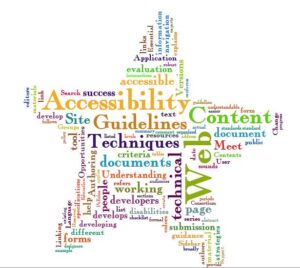
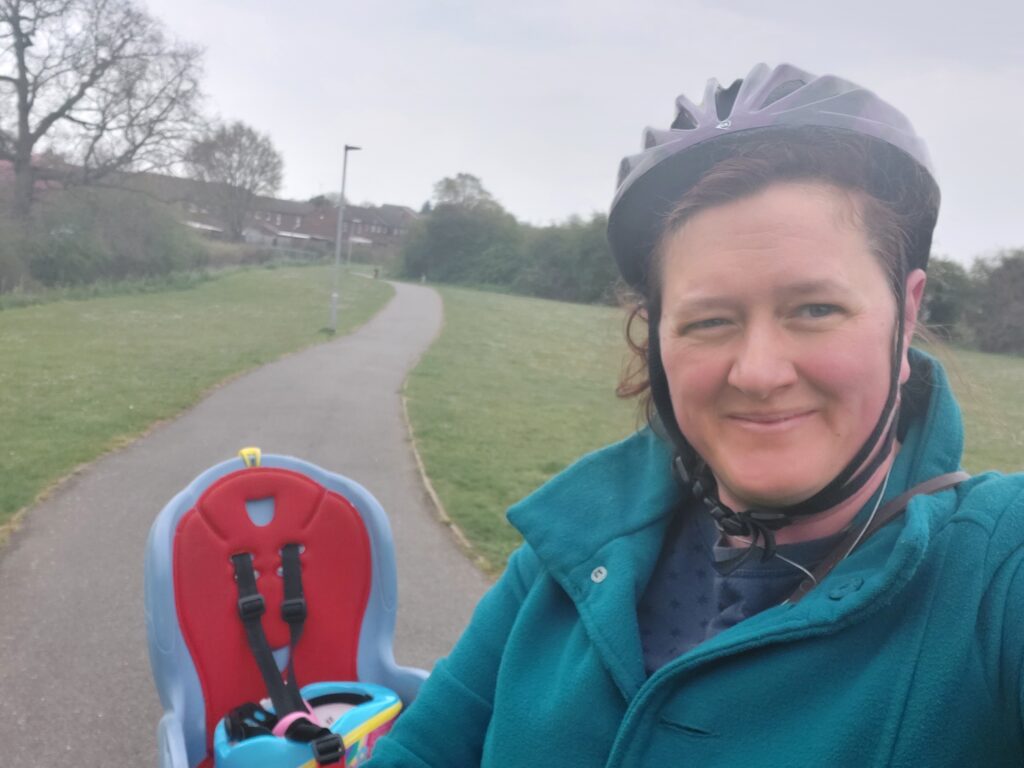
 attending some of the
attending some of the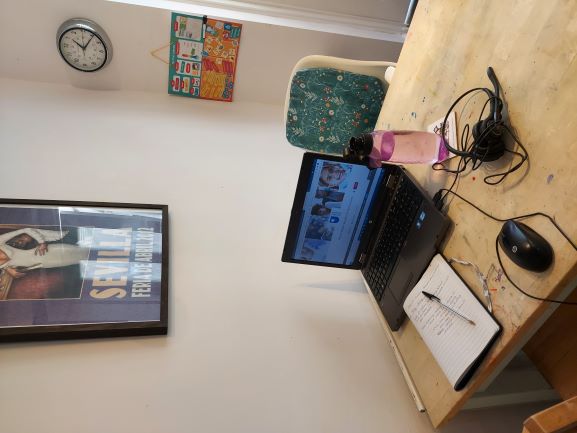
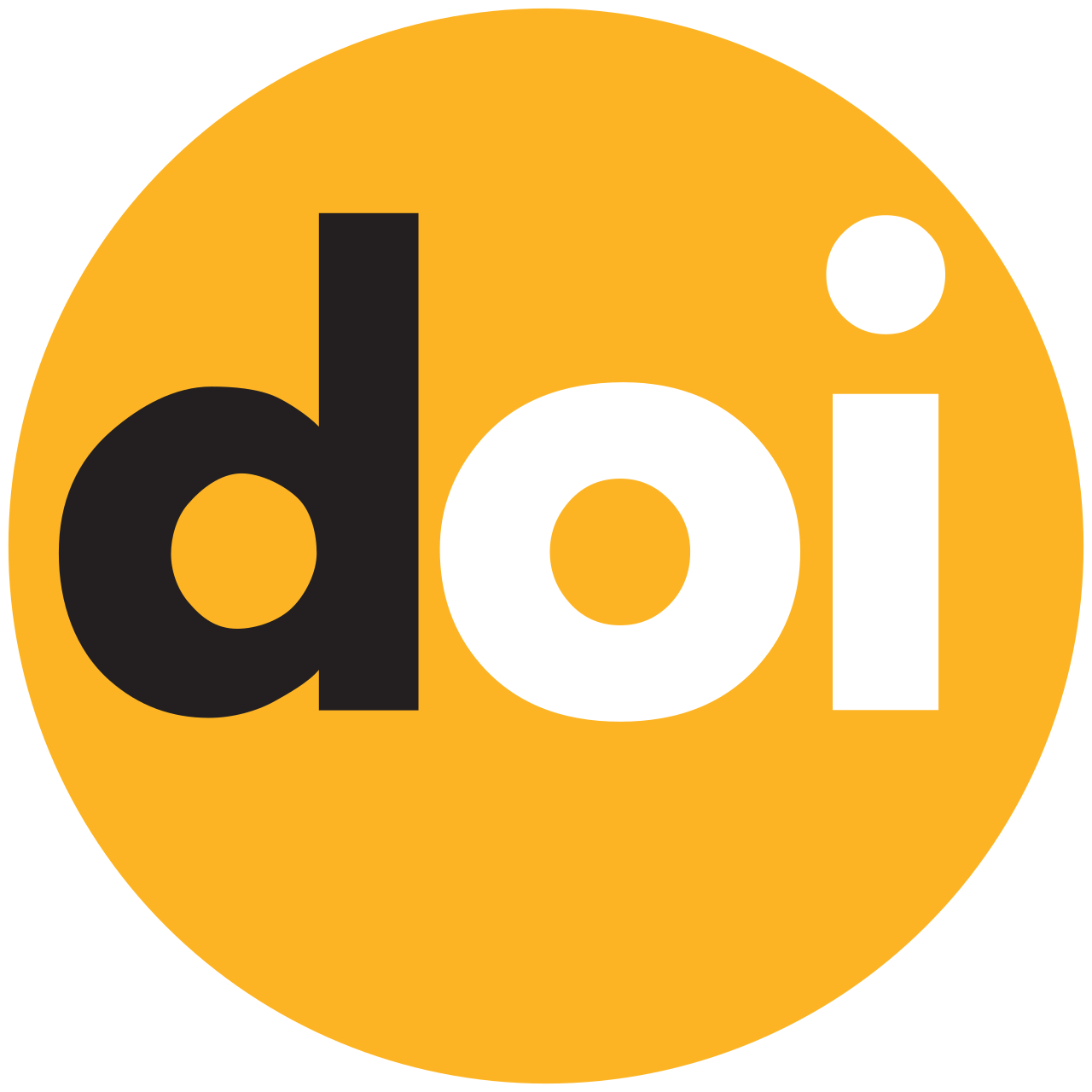
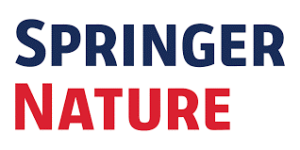
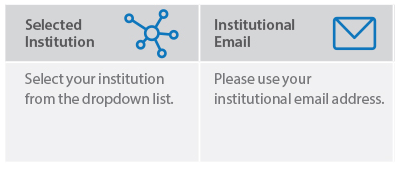





 The UK Data Service specialises in the management and archiving of research data in the social sciences. They are running a comprehensive series of free online training over the coming months which may be of interest to readers of this blog.
The UK Data Service specialises in the management and archiving of research data in the social sciences. They are running a comprehensive series of free online training over the coming months which may be of interest to readers of this blog.